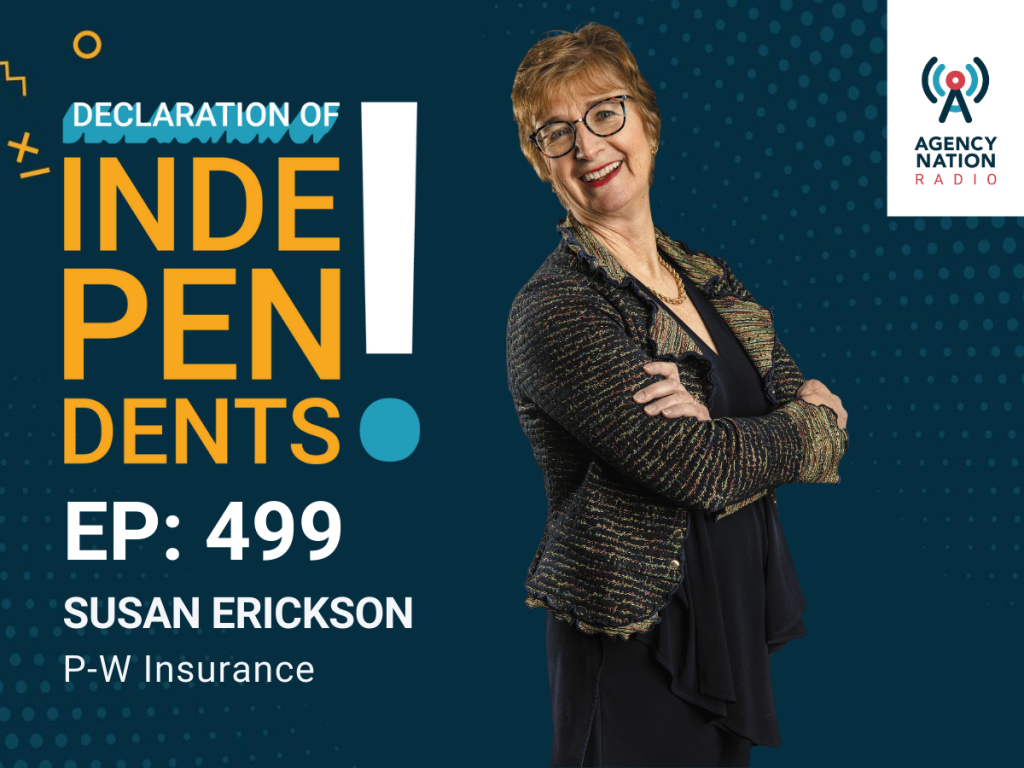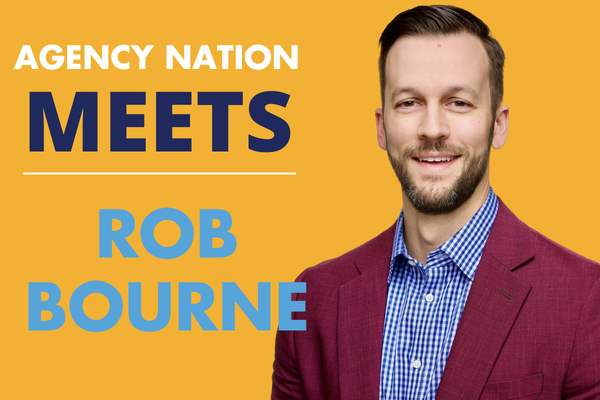Ethics Dilemma Roundup: Agents Tell All

By: Bill Wilson
As part of Ethics Awareness Month, the Big “I” Virtual University (VU) asked members to submit the most jaw-dropping ethical dilemmas they’ve encountered in the insurance business for a chance to attend a VU webinar for free.
Here’s the winning story, followed by two other interesting cases:
Dilemma 1
Many years ago I worked for an insurance company in upstate New York. One night I was awake playing cards with my landlord when he mentioned it had been a long time since he had been in a bar fight. Apparently, he once got into an argument with another bar patron, and when he turned away, he got hit. He fell on the stairs and was hurt. He ended up going to the hospital and getting a CT scan with other work the next day when he was sober.
My landlord then disclosed that he told his personal auto carrier he had fallen while getting out of his truck, and he submitted the claim to them to cover his medical bills.
The company I worked for did not cover his personal auto policy. But the more I thought about it, the madder I got. He was committing insurance fraud on a blatant scale, and he thought it was OK since the insurance company had the money to pay for it.
I wondered how to handle this information. Should I report this since my employer at the time would not be directly affected?
I did report it. With some help of the fraud unit at my company, we were able to find the claim in the database. The investigator I worked with knew one of the fraud investigators working at the company with which the landlord was insured. He asked if I wanted to make a report anonymously, and I did, since he was still my landlord at the time. I gave him a statement of what my landlord said regarding the claim, and the investigator took care of the rest. Thankfully, they were able to intercede before a claim check was issued.
After convincing the landlord to admit he lied, the other company’s fraud investigator stopped at our company to thank our fraud investigator for his help and to let him know they got a full confession. They filed fraud charges against him and fined him $1,000. My landlord never got his hands on any insurance money.
Dilemma 2
In 2013, our agency merged with a much smaller agency. After reviewing the book of business from the new agency, we discovered that the liability limits they offered and wrote were terrible—they left insureds at risk of inadequate protection. The agency adopted new liability limit standards of $500,000 CSL for personal auto and home and $1 million for commercial auto and property.
To ensure adequate coverage limits for those insureds who did not meet these newly established standards, we embarked on a project to inform them of their current limits and advised that we would be increasing their limits on the next policy renewal. We further explained the risk of having low limits and that we felt it was our responsibility to advise them of the potential risks they faced with low limits. We told them how to contact us if they had questions or if they wanted to reject the increase in coverage.
Several customers called to thank us for the notification, welcoming the increase. Others questioned us and opted to purchase even higher limits. Of course, some rejected the increase and signed forms indicating this.
Two customers went straight to the North Dakota Insurance Commissioner’s office and filed a complaint against the agency. They indicated we had not personally contacted them regarding the situation and did not have their permission to make such a change. The commissioner’s office notified us of these complaints and requested that we provide a copy of the notification letter, which we did, proving that we had contacted both insureds. One increased his coverage based on our one-on-one conversation and even purchased additional coverage. The other signed the rejection form.
We thought it was over until we received a certified letter from the commissioner’s office suggesting that the practice of automatically increasing the insured’s coverage without them initiating the request was deceptive and misleading. The argument was that our objective in increasing insureds’ limits was to gain increased commissions and hide the actual cost of the increase from the insured by implementing the change at the time of renewal.
We were forced to go back to each insured who had not contacted us regarding the initial letter and inform them of the additional premium charge for the increase in liability coverage. We had to offer them the option to decrease their coverage, as well as a premium refund. In working through the process, the majority of the increases were $5-12. Out of 295 letters sent, four customers contacted us to roll their limits back and receive a refund. Several called and wondered why we sent the letter—they were happy to have better coverage.
Providing customers with proper insurance coverage is ethical; simply taking their money for any old insurance policy is not. The idea of using deception to gain commission amounts that did not even pay for the postage and handling of the notices is political nonsense—and shows what happens when political hacks use our state insurance department as a stepping stone.
Dilemma 3
This situation occurred back in the early 1980s, but it is burned in my memory forever. Back then, I was working my way through college out in Utah. I took a part-time job as a receptionist for a new insurance agency in Provo, which the agent had established as a means to support his large family of a wife and seven children.
His agency was growing and he decided to promote me to personal lines, so he asked me to study and get my insurance license. At the time, I was newly married and had a VHS tape of my wedding reception on my desk because I was going to get a copy of it made in case of damage to the original. Learning all about fire, flood and loss was making me quite the risk manager!
Around the same time, the agent had purchased five computer towers, monitors and the works for his growing agency. He financed the purchase and had all of this delivered and set up in the office. He also asked me to get his BOP policy endorsed to cover the systems.
Mysteriously, despite no signs of forced entry to this secure office building, one weekend just a few weeks after the equipment was delivered, all the electronics were missing from the office. We called the police and of course promptly submitted a claim to the carrier. I was devastated, as the thieves apparently took the only video tape of my wedding, along with the computers, before I could make a copy.
A few months later, one of the other employees told me her boyfriend took in five computer systems at the local pawn shop around the time all this occurred. She suspected the agent was behind the “break-in.” Armed with this information, I told him the video tape of my wedding was missing and asked if he or someone else might have taken it by mistake. I begged him to look in his home and his car. I was sobbing in his office. One would’ve thought that anyone with a heart might have taken the out I provided, returned the tape and told me that they mistakenly thought it was one of the licensing or educational tapes. But he denied it.
He never paid for the computers and defaulted on the financing. Then he sold the systems to the pawn shop and collected on the insurance. I think that qualifies as one of the most unethical stunts in history.










